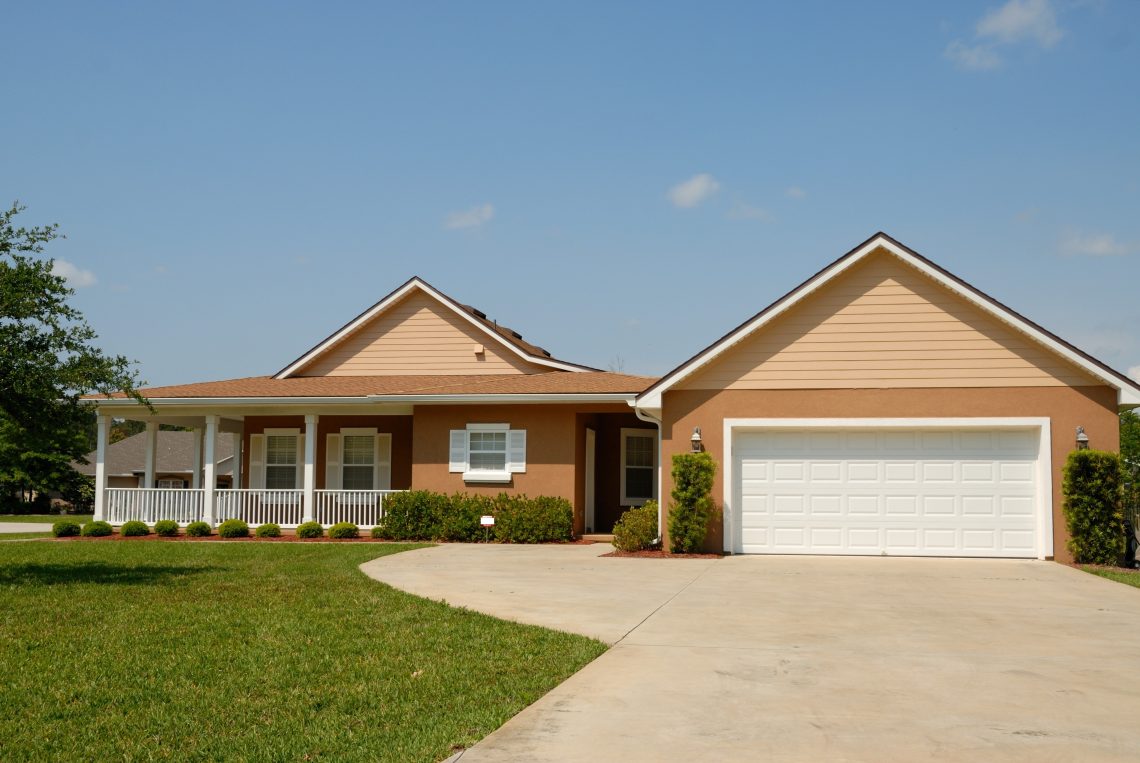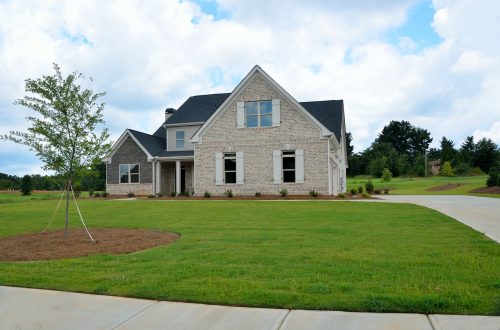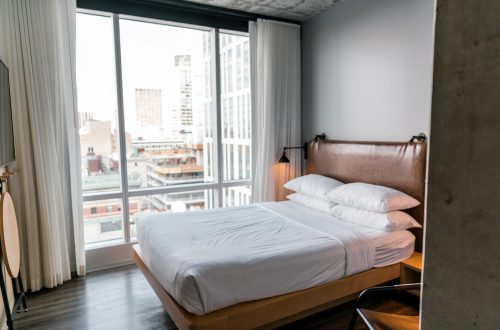
4 ways to decide the right homeowners insurance policy for your needs
Owning a home is a great investment but regardless if it’s your first or second home, you’re going to need homeowners insurance.
While having homeowner’s insurance isn’t required by law, having a policy comes with many benefits, especially in case of unexpected damage that could take a toll on their finances.
Southwestern Insurance Group founder David Stuart says that homeowner’s insurance can provide financial protection to homeowners against unexpected losses or damages to their home and personal property.
“It’s essential for protecting your assets and providing liability protection in case someone is injured on your property,” Stuart says.
But since there are several different homeowner’s insurance policies a person can choose from, making the decision of which one is right for you might feel overwhelming or confusing.
There are eight different types of homeowners insurance plans — here are four ways to decide which one is right for you.
1. You want the most popular policy
One of the first policies you might want to look into getting is Homeowners 3 Special Form (HO-3). Chief Insurance & Compliance Officer at Kin Insurance Angel Conlin says it’s the most popular policy because it’s a good balance between robust coverage and affordable premiums.
“The HO-3 policy covers your home and other structures on an all-risk basis,” says Conlin. “That means it covers all sources of loss or damage except those the policy lists as exclusions, which usually include things like ordinance or law, power failure, or nuclear hazards.”
2. You primarily want to be protected from natural disasters
If your home doesn’t qualify for a higher level of coverage or if the home is usually vacant, Conlin says you might opt for Homeowners 1 Basic Form insurance. Conlin says this policy is rarely used, because the coverage is limited and only covers damage to your home from 10 named perils (fire or lightning, windstorms or hail, explosions, aircraft damage, riot or civil commotion, smoke, vehicles, vandalism, theft, and falling objects).
Another downside of this policy is that it insures your home at its actual cash value, not its depreciated value or what it would cost to rebuild it today.
“For example, it may cost $120,000 to rebuild your home given today’s cost of labor and materials,” says Conlin. “But if your home’s actual cash value is only $90,000, you’d need to come up with the $30,000 difference to rebuild.”
Conlin shares that the policy doesn’t cover your belongings, other structures, personal liability, loss of use, or medical payments. It only covers your dwelling.
Homeowners who want more coverage than they can get from an HO-1 policy might opt for an HO-2 policy, especially if they are looking for a potentially less expensive option than an HO-3 policy, which provides more coverage.
Conlin says that an HO-2 policy covers the home for its replacement cost and your belongings for their actual cash value. It protects your home and the things in it against everything in an HO-1 policy, plus the weight of ice, snow or sleet; accidental discharge or overflow of water or stream; freezing; sudden, accidental tearing apart; cracking or burning of a built-in appliance such as a water heater or an oven; and sudden and accidental damage from a generated electrical current.
Plus, Conlin adds that unlike the HO-1 policy, the HO-2 policy covers other structures, belongings, personal liability, loss of use, and medical payment coverage.
For homes with more specialized natural disaster concerns (such as homes that could be affected by volcanic eruption), you’ll want to speak with an insurance agent.
What does homeowners insurance cover? »
3. You don’t own the building you live in
If you’re a renter, Conlin says the Homeowners 4 Renters Insurance (HO-4) policy is worth considering since it covers belongings and personal liability, whether you’re renting a condo, single-family home, or apartment. Many rental units require renters insurance.
However, Conlin adds that unlike other policies, this one doesn’t cover your dwelling or other buildings on the premises, since that’s up to the landlord to insure.
If you own a condominium, Conlin says this policy provides protection of the interior of the property, belongings, loss of use, personal liability, and more.
Conlin shares that the HO-6 policy usually complements the homeowner’s association master insurance policy, which covers the exterior of the property and shared property.
4. You have high-value or high-risk property
When searching for the right policy, Conlin suggests Homeowners 5 Comprehensive Coverage (HO-5) if you have a high-value property in a high-risk area.
Conlin says that while this policy offers similar coverage to the HO3 policy, the HO5 policy also offers all-risk coverage for your home and belongings.
“The HO-5 policy usually offers higher coverage limits for expensive belongings like electronics, jewelry, and furs,” she says. “For most homeowners, the extra coverage is not worth the extra premium when the HO3 covers similar losses.”
For those who own a mobile or manufactured home, Conlin suggests Homeowner 7 Mobile Home Coverage, which she says is sometimes referred to as the Mobile Home 3 policy since it’s very similar to the HO-3 policy for homeowners.
“The difference is that this policy is designed to protect the unique characters of a mobile home, from the home itself to other structures on the property, like fences or sheds,” she says.
If you own an older, high-risk, home, Conlin says you could consider the Homeowner 8 Modified Coverage policy, which covers replacement costs that outweigh their market value.
“These homes might have difficulty getting other coverage because they may not meet underwriting requirements,” says Conlin. “For example, these homes may have outdated electrical wiring, which can be a fire risk. For that reason, their replacement cost may outweigh the home’s value.”
She says that an HO-8 policy may be a good fit for your home if it’s more than 40 years old, or if it is a registered landmark or an architecturally significant home.
Get A Homeowners Insurance Quote
For an affordable homeowners insurance quote, contact us today by calling (541) 318-8835 or click here!




